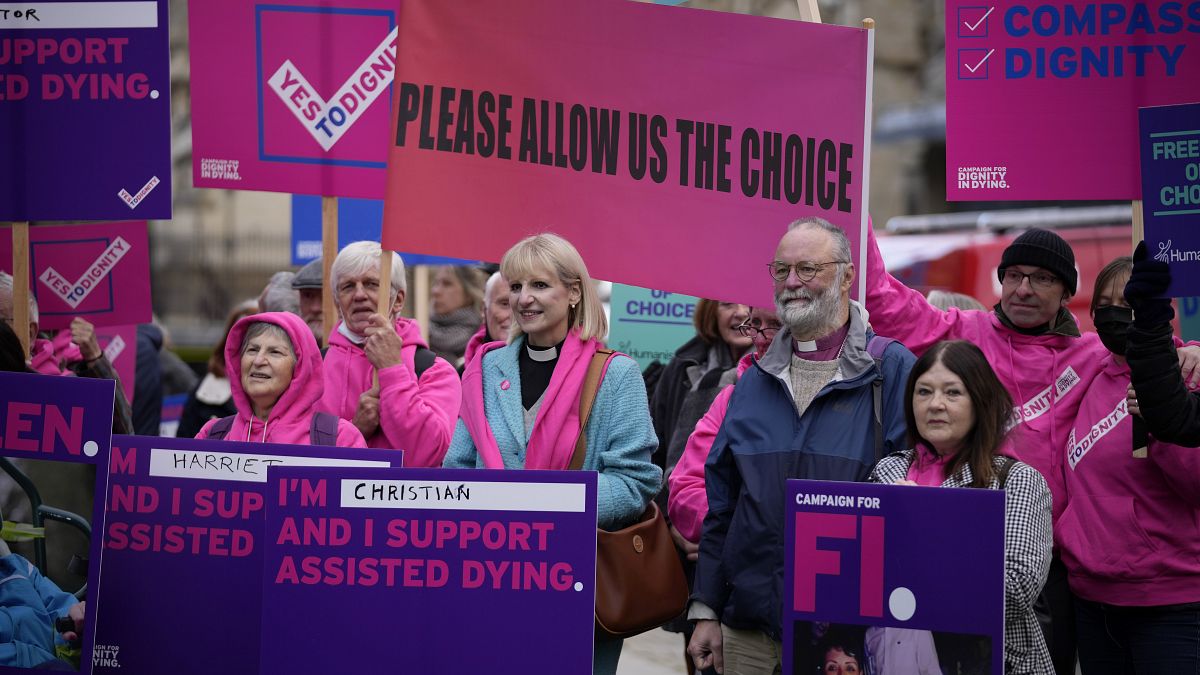Assisted dying is a controversial topic that may soon become legal for people in England and Wales if a new bill passes through the UK Parliament. The House of Commons will be debating over euthanasia for the first time in nearly a decade after previous attempts to change the legal blanket ban failed. Labour politician Kim Leadbeater will introduce a bill that would grant terminally ill individuals the option to seek assistance from physicians to end their lives. Prime Minister Keir Starmer has promised a “free vote” on the matter, allowing lawmakers to make independent decisions. Leadbeater emphasizes the importance of having protections and safeguards in place to prevent pressure on disabled or mentally ill individuals who are not terminally ill.
Leadbeater’s bill is expected to mirror a similar bill introduced in the House of Lords earlier this year, which limits assisted dying to adults with six months or less to live. The process would involve permission from the High Court after declarations from two doctors, among other criteria. Esther Rantzen, a lung cancer patient and founder of a children’s charity in Britain, is advocating for the right to choose and encourages people to express their views to their local members of Parliament. Without a legal option to end her life in the UK, Rantzen plans to travel to Switzerland for assisted suicide. However, opponents of assisted dying argue that changing the law may put vulnerable people at risk, according to actress Liz Carr, a disability rights campaigner.
Assisted suicide, where patients ingest a lethal drink prescribed by a doctor, is legal in various countries such as Australia, Belgium, Canada, and parts of the US. Naomi Richards, an anthropologist specializing in death and dying at the University of Glasgow, suggests that the number of individuals seeking assisted dying in the UK would likely be limited initially unless there is a significant push from the public for broader access. Trudo Lemmens, a professor of health law and policy at the University of Toronto, emphasizes the importance of addressing healthcare inequities across the UK as a priority before legalizing assisted dying. He warns about the potential risks of expanding the scope of assisted dying beyond the legal limits, pointing to pressures experienced in Canada after the practice was legalized in 2016.
In a democratic society, the decision to allow assisted dying is complex and requires careful consideration of ethical, legal, and social implications. The debate over euthanasia in England and Wales involves balancing individual autonomy and the need to protect vulnerable populations. While some advocate for the right to choose a dignified death, others argue that any change in the law must be accompanied by stringent safeguards to prevent abuse and coercion. It remains to be seen how lawmakers will navigate these complexities and whether assisted dying will be legalized in the near future. As discussions continue, it is essential to engage in open dialogue, consider diverse perspectives, and prioritize the well-being and rights of all individuals involved.










